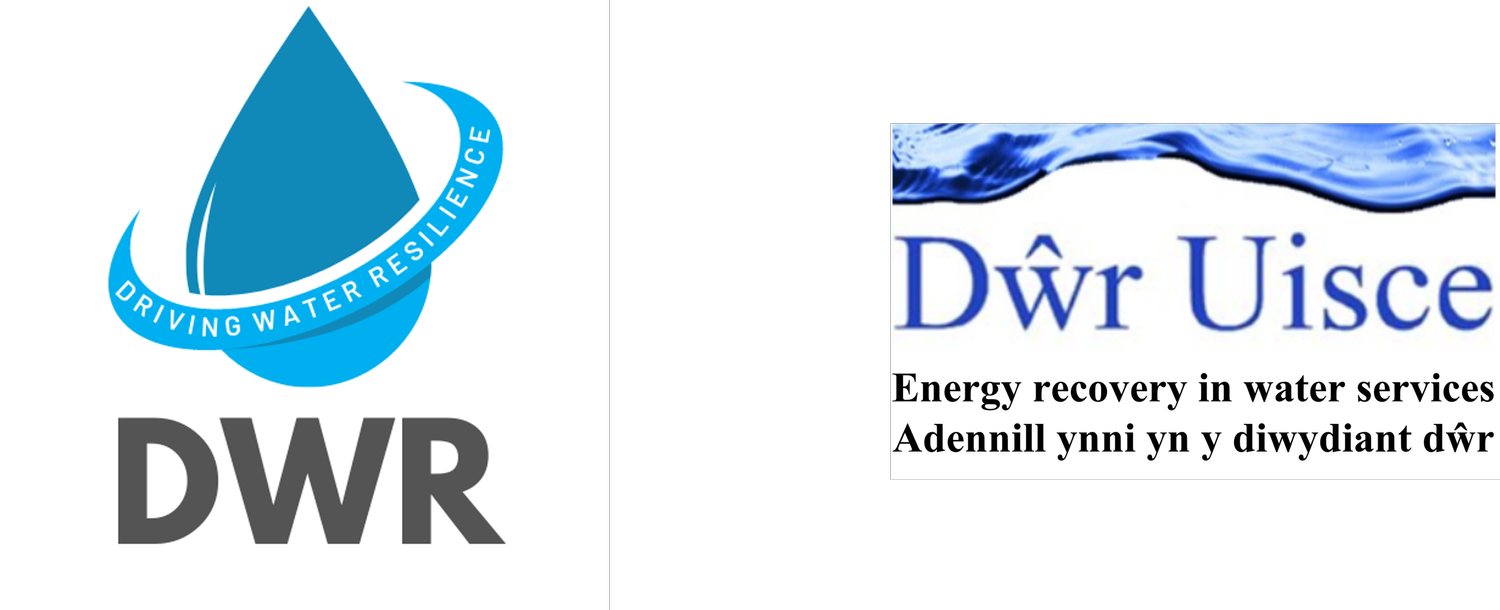Aisha Bello- Dambatta and Roberta Bellini
It is clear that climate change is happening, and it is likely that most of us have already directly felt some of its impacts.
The extreme events like the recent catastrophic floods in central and western Europe, the wild fires raging in Canada and the western U.S. states, and in the entire Mediterranean region are projected to increase in both likelihood, frequency and magnitude in the future and will continue to do so unless we do something to limit emissions. And these are just a few of the extreme weather events that occured in this month alone!
Scientists warn in the recently published Intergovernmental Panel on Climate Change (IPCC) special report published of increasing extreme heatwaves, droughts, and flooding; and the real risk of the Paris Agreement to limit global warming to well below 1.5°C above pre-industrial level being broken in just over a decade.
The UN Secretary-General calls this report a “Code Red for Humanity”, stressing the overwhelming evidence of human influence on GHG emissions.
We all have a role to play in helping avoid exceeding the 1.5°C threshold, but we must all act immediately and ambitiously to slow the accelerated warming of recent decades.
So, how can Irish households reduce their energy consumption and help Ireland reduce its emissions?
We can start taking immediate action right now in our homes. One way to do this is through water use efficiency. This is because water production, treatment, and distribution is highly energy intensive, and on average between 2 – 3% of the world’s energy use is used to treat water to potable quality, deliver it to consumers, and to process and dispose of wastewater. In Ireland for example, Irish Water is the biggest electricity consumer. However, this consumption represents only a portion of total water-related energy use, with the majority attributed to water use – particularly for hot water use and space heating in buildings. Recent research from Trinity College Dublin estimates up to 86% of household energy use can be attributed to water use. Click on the infographic below for more insights and tips!
GET INVOLVED! We have launched a Citizen Science project on Household Water-Energy Efficiency as a call to action for Irish households to take climate action through water-energy efficiency at home. Our main aim is to engage and collaborate with the public in improving our understanding of, in the first instance, the public perception of water and energy use at home, how they relate, and the most effective means of improving the efficiency of both water and energy use at home.
On August 23rd 2021 two of our team members, Roberta Bellini and Nilki Aluthge Dona, met with the first participating community group for an informal presentation about Dŵr Uisce and the water-energy nexus, the citizen science project and the survey. Residents of Kilcronan Court in Clondalkin (Co. Dublin), part of Co-Operative Housing Ireland, had a lot to share and a lively discussion covered many different issues such as carbon footprint, water scarcity, water quality, plastic packaging, fast-fashion and more. Guided through an idea storming session, they quickly realised how all these issues are interconnected and complex to solve. It was uplifting to experience their positive outlook and eagerness to do more. All participants had ideas about how to save water and energy; they also shared what they are already doing in their households and community. Inputs about the need water and energy businesses, food producers, and supermarket chains to step up to the challenge and offer more sustainable options that can be afforded also by lower income families were those with the highest consensus. When invited to play a quick game to guess the amount of water needed to carry out a number of activities, they all took on the challenge. Many were surprised by the amount of water used in a power shower for 5 minutes and when doing the math for the weekly and monthly amount pledge to shower less… or not to shower at all!
We take this opportunity to thank the residents of Kilcronan Court for their engagement. They have set the agenda for our next interaction with the wider community.
We hope that more communities will participate in the initiative and we are available to organise a similar event (in person or online) in you community.
The survey part of the project launches in early September 2021 and will be open until 31 October 2021. More details soon!
For more information and to get involved, you can contact Aisha at the following email address: a.bellodambatta@bangor.ac.uk.







